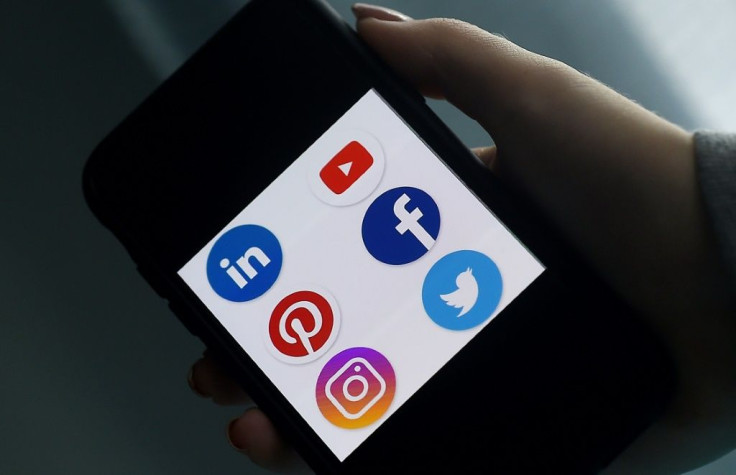Debt Collection Crosses Over To Social Media: Yes, They Can Contact You There Too
Debt collectors can now contact borrowers through direct messages on social media.
The Consumer Financial Protection Bureau proposed the updated rule in 2020, which allows debt collectors to use "new electronic media such as email, text messaging and social media,” the agency wrote as part of its updated Fair Debt Collection Practices Act in October.
This means that debt collectors can contact delinquent borrows on Facebook, Instagram and Twitter to get them to pay their debt.
But the messages need to be private, so others on the social media platforms cannot see them, and they need to identify themselves as a debt collector if they attempt to add you as a friend or contact, according to the agency.
In addition, there must also be a way for borrowers to opt out of the messages that the debt collector sends via email, text or social media direct message.
“We are finally leaving 1977 behind and developing a debt collection system that works for consumers and industry in the modern world,” Kathleen Kraninger, the former Consumer Financial Protection Bureau director, said in a blog post.
“The Bureau was granted the authority to write rules on debt collection practices and the changes will provide better protection for consumers, clearer operating procedures for debt collectors intent on following the law, and easier identification of the bad actors we will take action against,” Kraninger added.
The rules took effect on Tuesday and also limit how often a debt collector can call a delinquent borrower to seven calls per week per account collection.

© Copyright IBTimes 2024. All rights reserved.





















